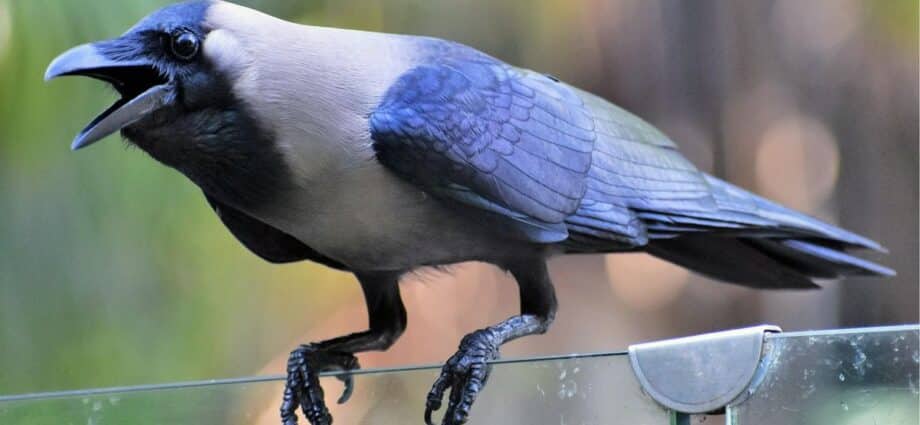
Unguja. The Zanzibar government has launched a fresh campaign to eradicate Indian crows, an invasive species that has caused significant damage to crops, small livestock, and the local economy.
The birds were introduced by the British colonial administration in 1880 to help clean up street litter and animal carcasses.
However, their population has since exploded, leading to severe ecological and agricultural problems.
By 2012, their numbers had surpassed 1.2 million.
Speaking at the launch of the initiative on February 21, 2025, minister for Agriculture, Irrigation, Natural Resources, and Livestock, Shamata Shaame Khamis, reaffirmed the government’s commitment to working with stakeholders to eliminate the birds from both Unguja and Pemba islands.
She noted that a previous eradication attempt in 2012 had failed, allowing the crows to continue wreaking havoc on biodiversity, public health, tourism and the economy.
“The 2012 survey estimated the crow population at 1.2 million, and their unchecked growth poses a serious threat to agriculture and small livestock,” Shamata said.
The campaign is being carried out in collaboration with Andrew Crow Traps Shopping Centre, which is deploying specialised traps while also targeting nests, eggs and chicks to curb the birds’ numbers.
Although initially introduced for a beneficial purpose, the crows have become a public health risk, with experts warning that they could contribute to the spread of diseases such as cholera, malaria, and dengue fever.
The lack of natural predators has allowed their population to increase unchecked, necessitating urgent intervention.
An expert from Andrew Crow Traps Shopping Centre, Andrew Wilbard Mbena, warned that the crow population may have tripled since the last recorded estimate in 2012.
He underscored the need for cooperation between the government and private sector to ensure the success of the eradication effort.
Zanzibar’s director of Forestry, Said Juma Ali, called on all stakeholders to support the initiative through financial contributions, technical expertise, and the provision of additional traps.
“Currently, we are using local resources to implement this programme, but we need more support, particularly from those who can manufacture more traps,” he said.
The project will first be rolled out in Unguja, with residents encouraged to support the initiative.
However, young children will not be involved directly.
Three traps have already been installed in strategic locations, with plans to place additional ones, including at Lumumba Regional Hospital.
Residents have welcomed the move, citing the nuisance caused by the crows.
“These crows are so bold that they snatch food right in front of you. Even when you chase them away, they keep coming back,” said businessman Kassim Haji.
“They have become too many. They even steal food while it’s still cooking. They must be eradicated,” added Khadija Khamis, a resident of Gulioni.
The initiative marks a renewed effort to tackle the ecological imbalance caused by the invasive species, with authorities hopeful that this time, the measures will yield lasting results.














